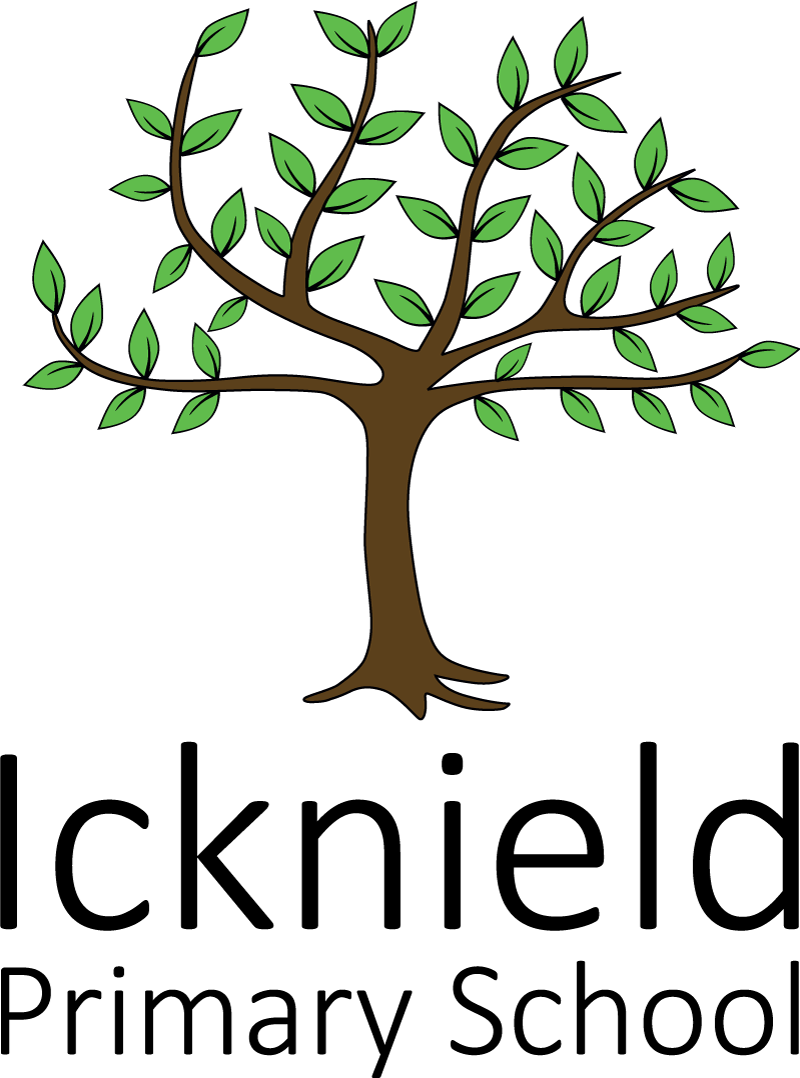EYFS
Our EYFS Vision StatemenT
Intent
We aim to transform our Early Years Foundation Stage (EYFS) learning environment from the ordinary to the extraordinary. Our intention is not to over-stimulate or distract with visual noise but to create a beautiful play space which inspires children’s natural curiosity, develops mutual respect and has a feeling of educating from the heart, where our children gain a sense of belonging and can ‘thrive and achieve together’.
Children have a natural ability and drive to want to explore and play and it is through the power of play that children learn and develop essential life skills and knowledge.
We believe that all children in EYFS are entitled to access a rich and varied play-based curriculum in a safe and stimulating environment. The Characteristics of Effective Learning are central to young children’s learning and development and refer to the behaviours that children use to learn:
● Playing and exploring – Children investigate and experience things, and ‘have a go’.
● Active learning – Children concentrate and keep on trying if they encounter difficulties and enjoy achievements.
● Creating and thinking critically – Children have and develop their own ideas, make links between ideas, and develop strategies for doing things.
The above characteristics are at the heart of all that we do and are integral to building lifelong learning skills. We support children to develop – as the powerful learners they are from birth – strong habits of mind and behaviours that will continue to support them to discover, think, create, solve problems and self-regulate their emotions. We provide children with opportunities for the consistent lived experiences of autonomy that they need, alongside support for their growing awareness and control of the processes of thinking and learning.
Implementation
At The Icknield Primary School our EYFS curriculum is carefully designed and sequenced using content from Development Matters and the EYFS Statutory Framework, guided by the Characteristics of Effective Learning. Through planned topics and activities, we have created an exciting curriculum that teaches the children the skills and knowledge they will need to prepare them for the rest of their school career. From the Reception class, foundations for our curriculum drivers (oracy, diversity, community, environment, enquiry, risk and enterprise) are laid and we have identified core language and understanding that our children will need for the academic content they will encounter in Year 1. We have also clearly defined the core books to be shared, their content and language explored within them, ensuring they align to knowledge and skills children will need for Year 1 and beyond. Our curriculum is broad and balanced and focuses on depth of learning. The children are explicitly taught skills and knowledge linked to each of the prime and specific areas through adult-led lessons. The children have planned, purposeful opportunities to practise these skills and embed this knowledge independently through what is known as continuous provision (or ‘Busy Learning’ at The Icknield). This provision for the children combines both indoor and outdoor learning.
Our indoor and outdoor spaces are planned to enable children to explore their own ideas and interests, supporting high levels of well-being and involvement. Purposeful play situations are planned to support the mastery of skills and are valuable for making formative observations. We follow a holistic, progressive curriculum which is carefully sequenced and designed to be extremely flexible so that staff can follow the child’s individual needs and interests and use these to inform and plan the next steps in their learning.
The Reception Baseline Assessment (RAB) has to be completed within the first six weeks that children are in school – this informs wider teacher assessment in terms of predicting end-of-year outcomes and more importantly helps to identify children who may require additional support as they begin their learning journey. We assess children against the 17 Early Learning Goals (ELGs) which provide a summary of the knowledge and skills that young children are expected to have gained by the time they reach the END of the Reception year. There are many smaller stepping stones and experiences that make up this journey.
The ELGs are organised into seven areas of learning and development, which are divided into prime areas and specific areas. The EYFS curriculum is made up of three prime areas and four specific areas:
Prime Areas:
• Communication and Language
• Personal, Social and Emotional Development
• Physical Development
Specific Areas:
• Literacy
• Maths
• Understanding the World
• Expressive Arts and Design
Impact
We provide continual enhancement opportunities to engage learning and believe that childhood should be a happy, investigative and exciting time in young lives, where there are no limits to curiosity and there is a thirst for new experiences.
Play, time, space and freedom to follow their intentions, sustained shared thinking, and experiencing the satisfaction of meeting their own challenges and goals all contribute to development as curious, confident learners who leave the EYFS ready to enter Key Stage 1 and to demonstrate our values as creative, honest, unique, resilient, inclusive, ambitious and caring members of our school and community.
Useful links
EYFS Statutory Framework The standards that school and childcare providers must meet for the learning, development and care of children from birth to 5.
Development Matters Development Matters is for all early years practitioners, for childminders and staff in nurseries, nursery schools, and nursery and reception classes in school. It offers a top-level view of how children develop and learn.
EYFS profile This handbook supports EYFS practitioners in making accurate end of year judgements about each child’s attainment.
Early Mathematics Guidance A separate guidance document for Mathematics in the Early Years, compiled by the Cambs Maths Team, provides further guidance for the development of number in the Reception class; this can also be found on the EYFS page of the website.
